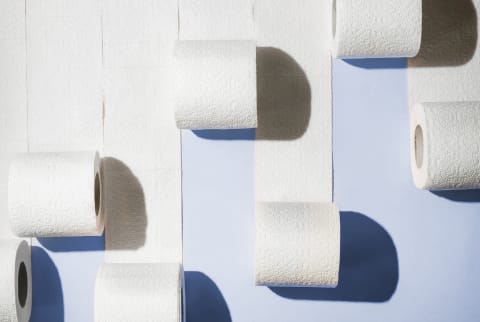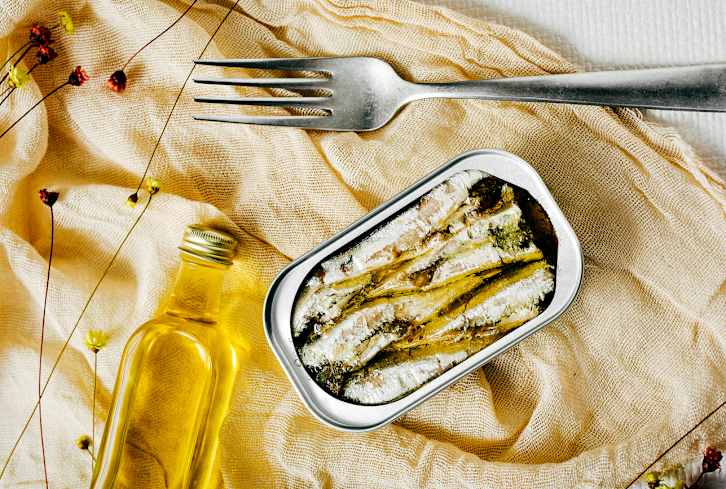Advertisement
Have 'Super' Gut Bacteria? Your Poop May Be Able To Treat Disease


Could you possibly be what scientists call a "super pooper"? (Although it is super, we're not talking about someone who has regular digestion).
In a study published Monday, researchers announced the discovery of fecal "super donors" that have stool rich in important gut flora, and through fecal transplants, these super donors could help solve some of our biggest gut-related issues—and beyond.
In the study published in Frontiers in Cellular and Infection Microbiology1, scientists found this fecal transplant can improve the gut flora and increases the success rates of recovery from diseases like IBD (inflammatory bowel disorder) and diabetes. This is due to the donors’ high levels of "keystone species," which produce the chemicals in the digestive system that the diseased person lacks.
Aside from diabetes and IBD, gut bacteria touches virtually every aspect of our health, and medical conditions like Alzheimer's, multiple sclerosis, cancers, asthma, allergies, and heart disease are often associated with changes in the gut, according to the study.
While you'd have to go to the lab to tell if you're actually a super donor, maintaining a healthy gut should be a priority for everyone. "A person's microbiome effectively forms the interface between them and their environment," says Dr. Justin O'Sullivan, lead author of the study.
"In terms of what affects the microbiome—it is clear that there is a contribution from the host, their genetics and metabolism. However, the environment (food, drink, household etc.…) seems to have the overwhelming effect," he added.
In other words, the keystone species can't work alone. When coupled with dietary changes such as a switch from animal-based to plant-based eating, the entire gut microbiome can be restructured in as quick as 24 hours, which can help to increase the chances of a successful transplant.
By identifying these "super poopers," researchers can develop more personalized ways of tackling a wide range of common yet debilitating disorders. Studies like these continue to prove just how important our gut health can be, from battling bouts of constipation to disorders that can be far more serious.


















